Projectos (6)
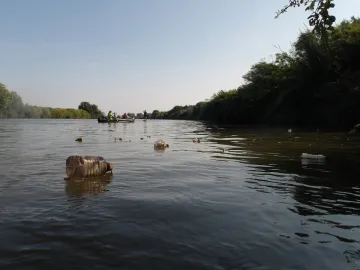
MoMaRi-Monitorização do Macroplástico nos Rios da UE
2025 | Em curso
O projeto visa criar uma rede, aumentar a capacitação para harmonizar a monitorização de macrolitos ribeirinhos e investigar o risco de exposição de espécies marinhas listadas na Diretiva HD e Aves (por exemplo, aves marinhas Shearwater) ao plástico flutuante marinho dentro (ou proximidade) e fora dos sítios Natura2000.
Ler mais +
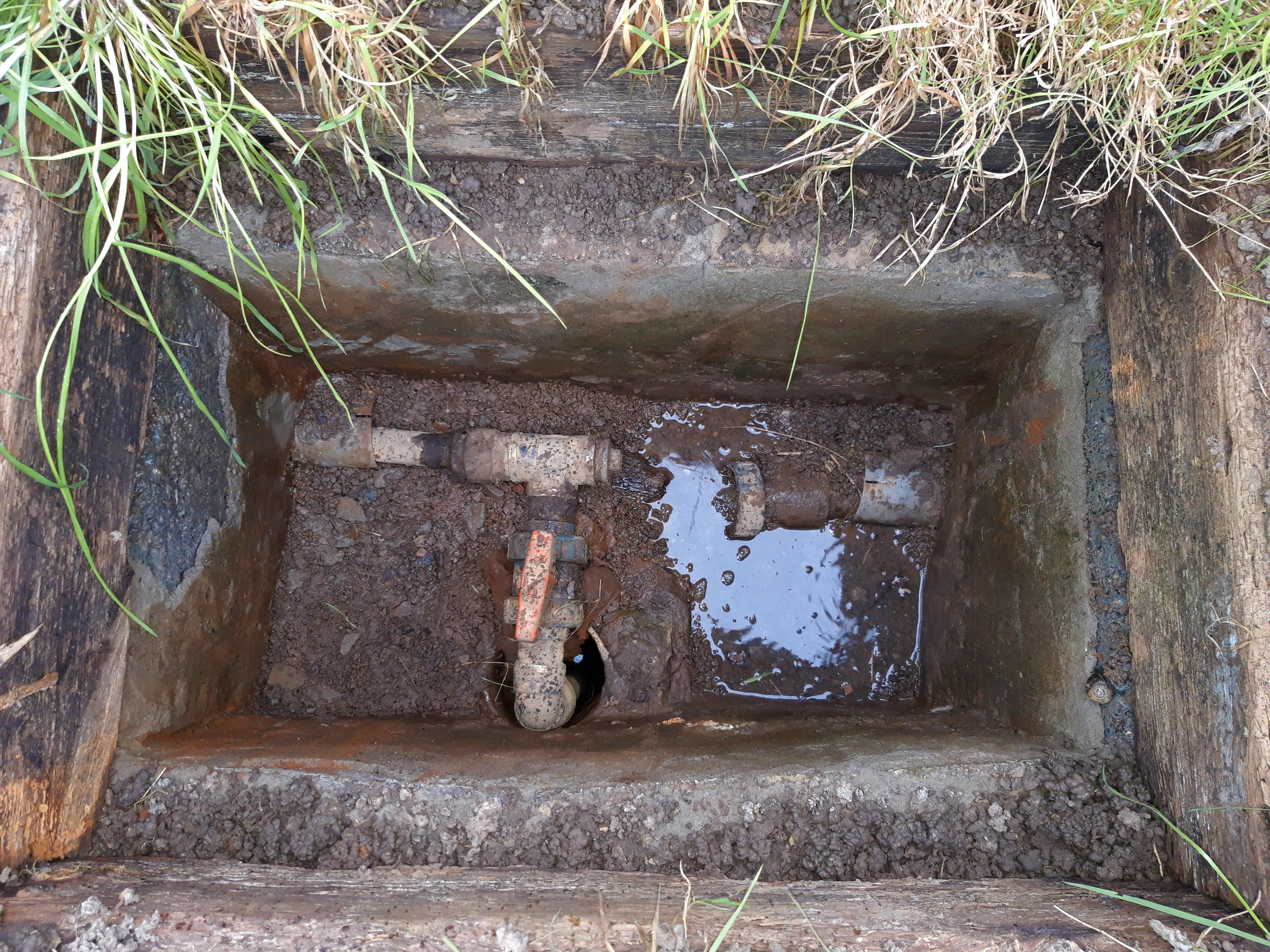
Tackling illegal groundwater drilling and abstractions (TIGDA)
2021 | Em curso
Groundwater is and remains a valuable resource for the environment and different human activities. Environmental and anthropogenic pressures on this resource include amongst others: climate change (drought, flooding, etc.), (over)abstraction and pollution (point source and diffuse). Water reuse, water buffering and infiltration are some of the possible measures to diminish our requirement for fresh groundwater as well as replenish its storage. Nonetheless groundwater drilling and abstraction will remain necessary for different purposes. Groundwater shortage is no longer an exclusive problem for arid or Mediterranean countries. Recent prolonged drought periods have repeatedly made clear that groundwater supplies have to be carefully managed (abstraction as well as recharge) in all member states and countries in Europe.
Ler mais +

Trend Reversal in Groundwater Pollution
2020 | Em curso
Art. 4 of the Water Framework Directive (WFD) obliges Member States, among other things, to protect, enhance and restore all bodies of groundwater with the aim of achieving good groundwater status by December 2015, and to implement the measures necessary to reverse any significant and sustained upward trend in the concentration of pollutants. In actual fact, however, 25 % of ground water bodies in the EU (and e.g. 36 % in Germany) were chemically in a poor status in 2015, mostly due to pollution with nitrates and pesticides from agriculture. Moreover, according to an EEA report of 2018, the total groundwater body area with an identified upward trend of pollution is still nearly double the area with a trend reversal (9.9 % against 5.9 % of area).
Ler mais +
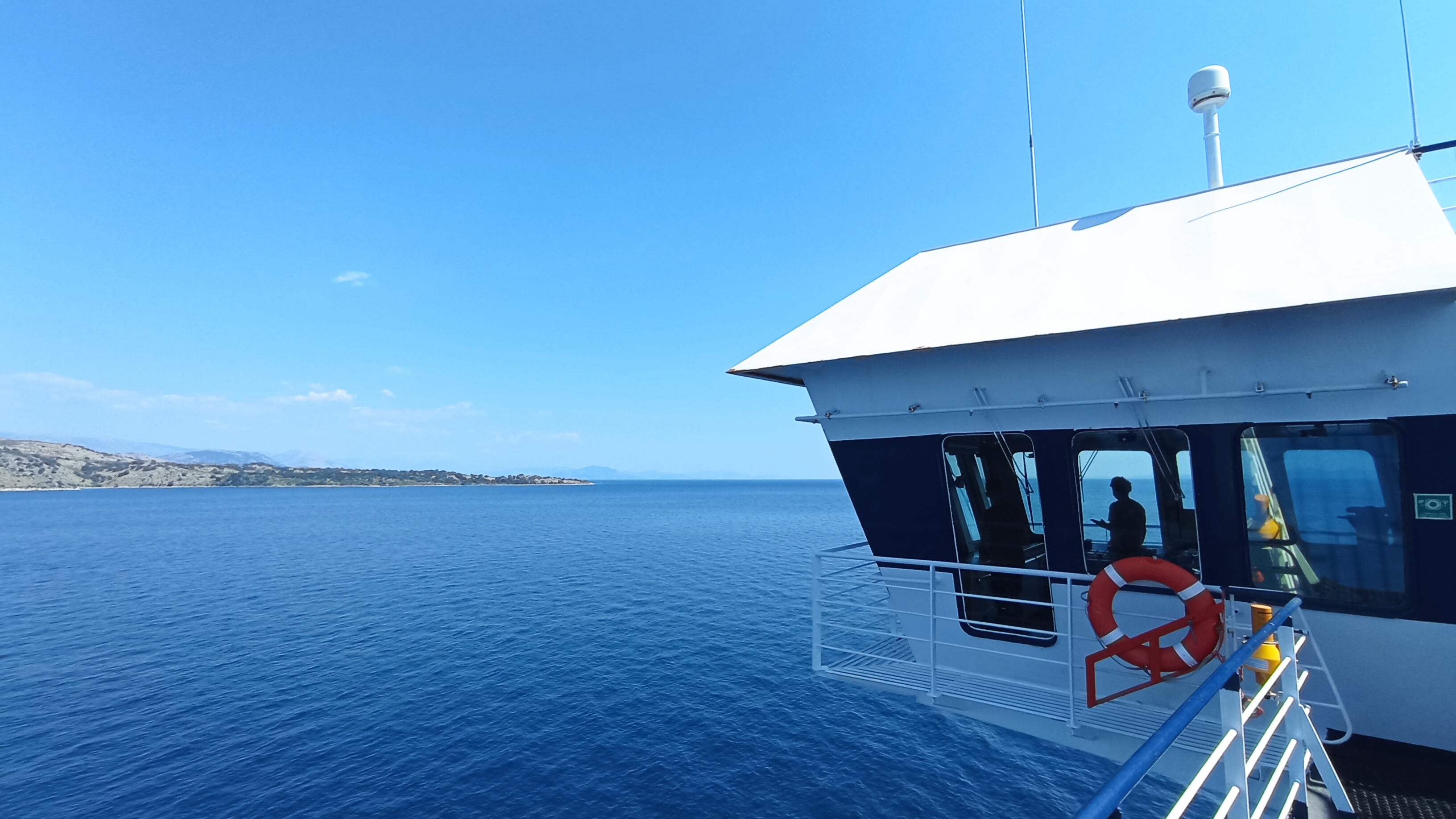
Transecto Marinho Transfronteiriço da Europa
2020 - 2024 | Concluído
Esta iniciativa teve como objetivo colmatar a lacuna entre estas redes e desenvolver protocolos harmonizados para a monitorização do ambiente marinho. Através de esforços coordenados envolvendo institutos públicos de investigação, ONGs, membros da IMPEL e partes interessadas privadas, o projeto contribui diretamente para a implementação das diretivas ambientais da União Europeia e apoia políticas informadas e acções de conservação.
Ler mais +
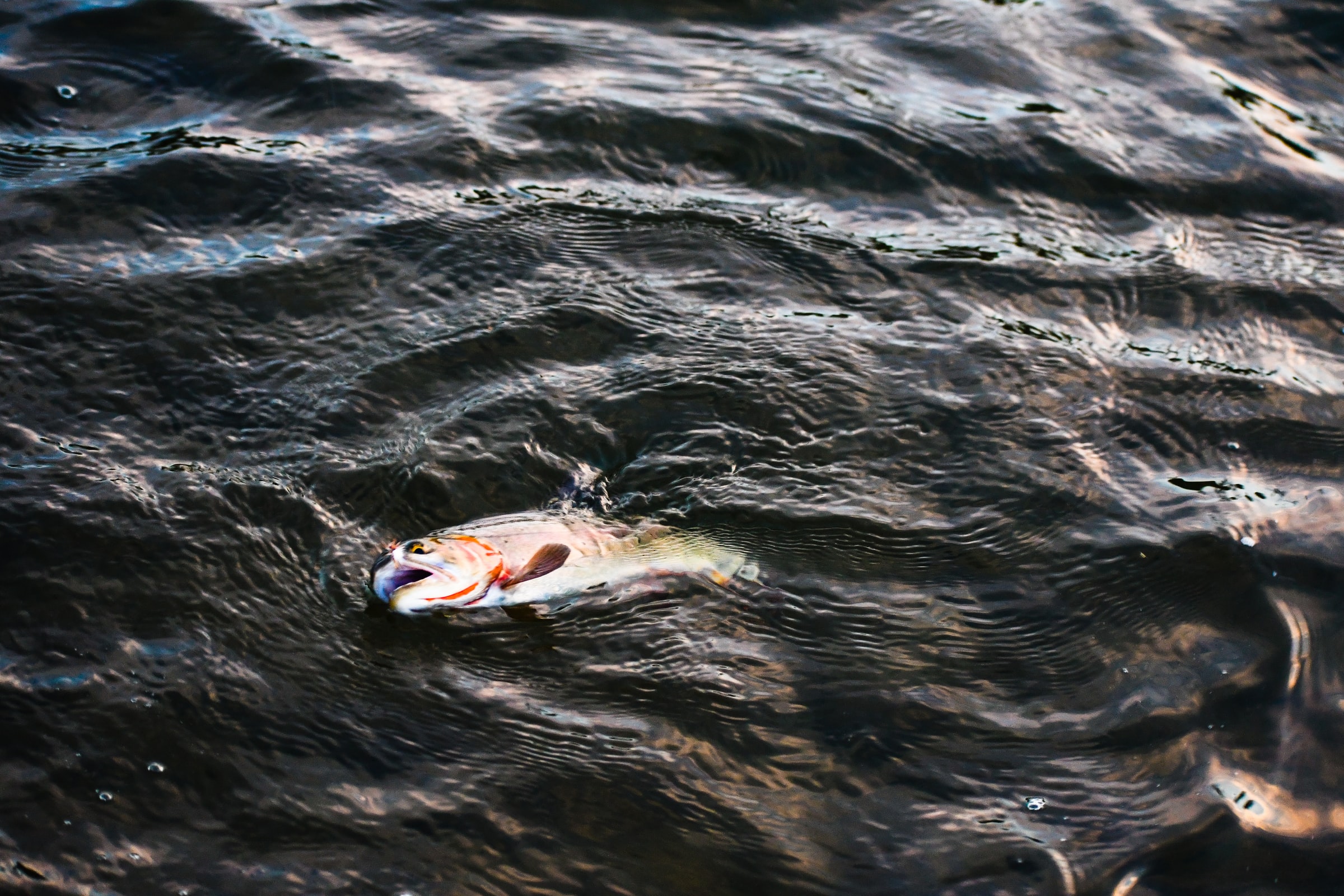
Water crimes
2018 - 2021 | Concluído
The Council Conclusions on countering environmental crime (8 December 2016) have recognised the role of IMPEL in countering Environmental Crimes, but a common definition of “water crimes” is a challenging task. Furthermore, water-related crimes are often recoded under other offences – like fraud, corruption, trafficking, falsification of documents, terrorism – for the absence of a systematic analytical approach. The nature and extent of these kinds of activities is still relatively unknown. Based on this background, this proposal aims at increasing knowledge on water crimes, engaging the IMPEL Community in a project aimed at collecting and sharing information about the topic, its presence, its perception and management at competent authorities.
Ler mais +
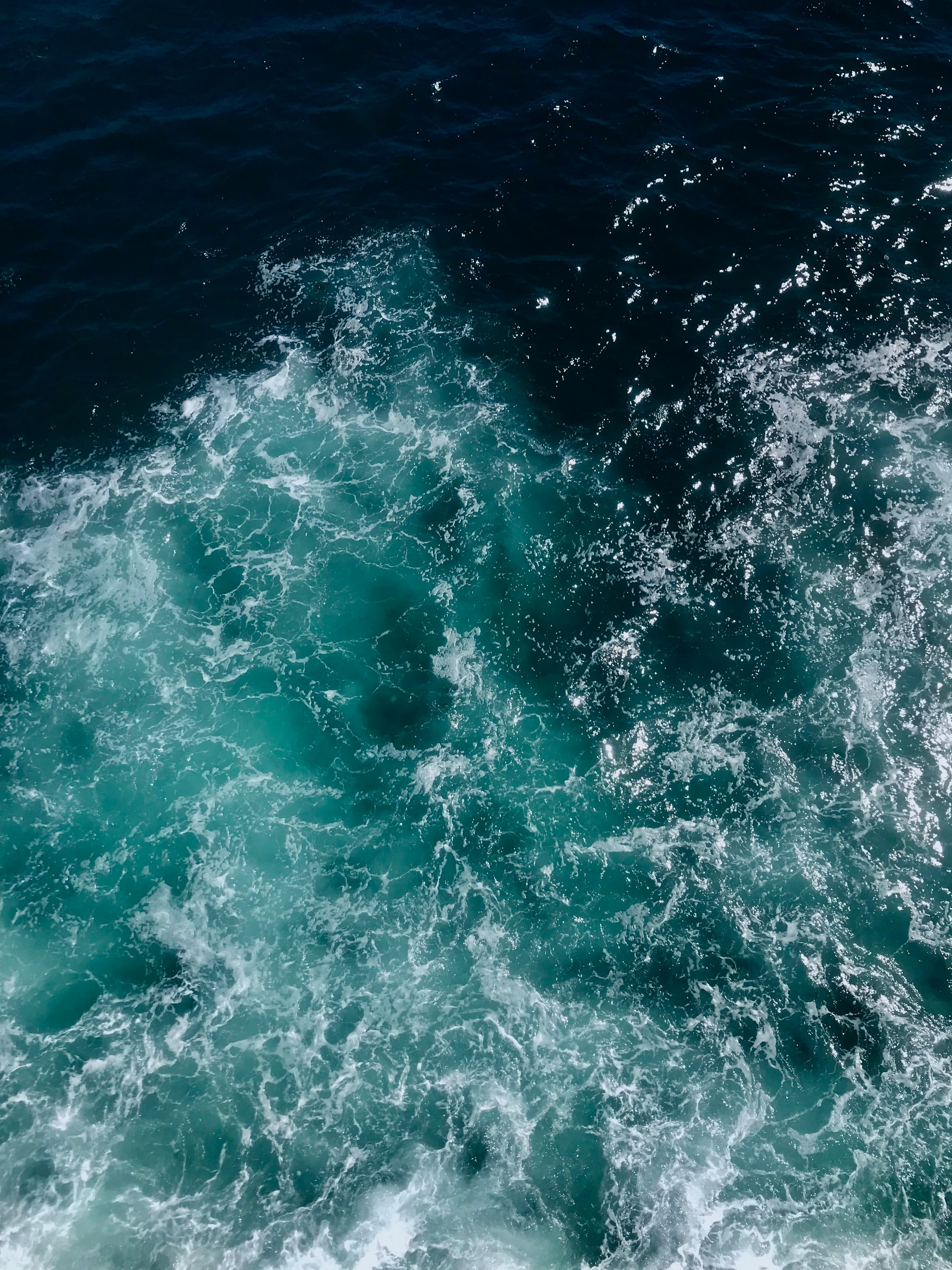
Water Over-abstraction and Illegal Abstraction Detection and Assessment (WODA)
2015 - 2016 | Concluído
Over-abstraction occurs not only for irrigation use but even for industrial and civil uses and can
cause in some cases dramatic effects on soil subsidence. Typical cases of illegal water abstraction occur when wells are operating without permit, or when water is pumped form rivers or channels without permit.
Earth Observation (EO), especially satellite remote sensing, can provide well established methods for the monitoring of water abstraction. The detection of illegal water abstraction is a further step forward and is feasible only if permits are organized in a proper GIS. At first instance, EO methods for the monitoring of water abstraction could be summarized as follows:
Ler mais +